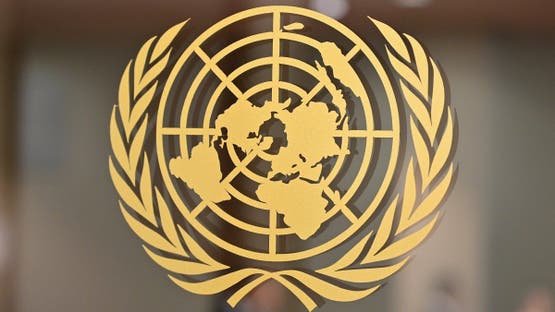The United Nations Office for the Coordination of Humanitarian Affairs (OCHA) has reported an unprecedented increase in attacks on humanitarian workers in 2024.
According to the organisation, 383 humanitarian workers were killed in attacks, the highest number ever recorded.
Tom Fletcher, UN Under-Secretary-General for Humanitarian Affairs and Emergency Relief Coordinator, said that “every attack on a humanitarian worker is an attack on the entire community and on the people we serve.” Fletcher also added that the lack of accountability for such crimes was “a shameful indictment of the international community’s inaction.”
According to the OCHA, most of the victims were local staff providing assistance to their communities. In 2024, there were also 308 cases of injury, 125 abductions and 45 detentions of humanitarian workers.
The number of deaths increased by 31% compared to 2023. The highest number of deaths was linked to ongoing conflicts in the Gaza Strip, with 181 deaths, and in Sudan, with 60 deaths.
Overall, incidents of violence against humanitarian personnel were recorded in 21 countries, with state actors often responsible for the attacks, according to the UN.
The situation remains alarming in 2025: according to preliminary data from the Humanitarian Security Database, 265 mission staff had already been killed by August 14.
The UN stressed that attacks on humanitarian workers and facilities violate international humanitarian law and endanger millions of people in conflict and disaster areas.
In May 2024, the UN Security Council adopted Resolution 2730, reaffirming the obligation of parties to conflict and Member States to protect humanitarian personnel and conduct independent investigations into attacks. However, as noted by the organisation, impunity remains the norm.
World Humanitarian Day
On World Humanitarian Day, celebrated on August 19, the international community honours the memory of humanitarian workers who have lost their lives. The global campaign #ActForHumanity calls for greater protection for humanitarian missions and solidarity with those who provide vital assistance to those in need every day.
“Violence against humanitarian workers is not inevitable. It must be stopped,” Fletcher stressed.
The UN press service noted that World Humanitarian Day is intended to pay tribute to those who choose to work in crisis situations, helping others, and to support the millions of people whose lives are at risk.
The humanitarian system is stretched to the limit: it is underfunded, overstretched and under attack. Under fire or in natural disasters, humanitarian workers protect the lives of others. But increasingly, those who help are themselves becoming targets.
In 2024, more than 380 humanitarian workers were killed. Some were killed while doing their jobs, others in their own homes. Hundreds more were injured, kidnapped or detained, and 2025 could be even worse.
“The humanitarian system is failing not only humanitarian workers, but also the people they serve. We are no longer at a crossroads. We are on the brink. Funding is declining. Attacks on humanitarian workers are becoming more frequent,” the UN said.
